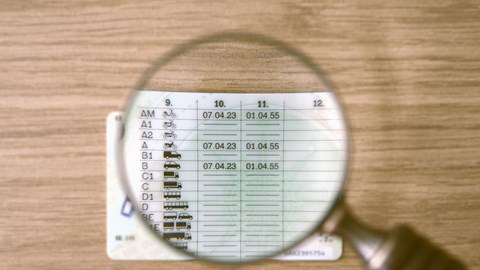► DVLA introduces virtual licences
► Expected to launch this year
► Are digital licences the way forward?
Digital driving licences could be launched this year, with mobile phone access, as experts weigh the benefits and drawbacks of the scheme.
The digital licence will be accessible through a government app in a virtual wallet, rather than being integrated into existing Google or Apple wallets. It could be accepted as a form of ID for buying alcohol, voting, or boarding domestic flights.
To address security concerns, the app will incorporate advanced authentication measures similar to those used in banking apps, including biometrics and security codes, and will only be accessible to the licence holder. Additionally, users will have the option to hide personal details, such as their home address, when needed — a convenient touch.

Physical licences will still be issued, but ministers see the voluntary digital option as a way to ‘bring government into the 2020s,’ according to The Times.
The DVLA’s move brings it into the realm of technological progress, although it’s trailing behind countries like Australia, Denmark, Iceland, Norway, and some US states, where similar systems are already in place.
The new digital licence is expected to be introduced later this year, according to the Times.
What does this mean for motorists in the UK?
For now, digital licences will be entirely optional, running alongside traditional plastic cards. This gives motorists the flexibility to choose whichever format suits them best while ensuring those who prefer physical licences or lack access to smartphones aren’t left behind.
Further details on the launch date, availability, and how the rollout will work are expected soon. For drivers, this marks the start of a more digital approach to everyday motoring essentials, offering a glimpse of what’s to come.